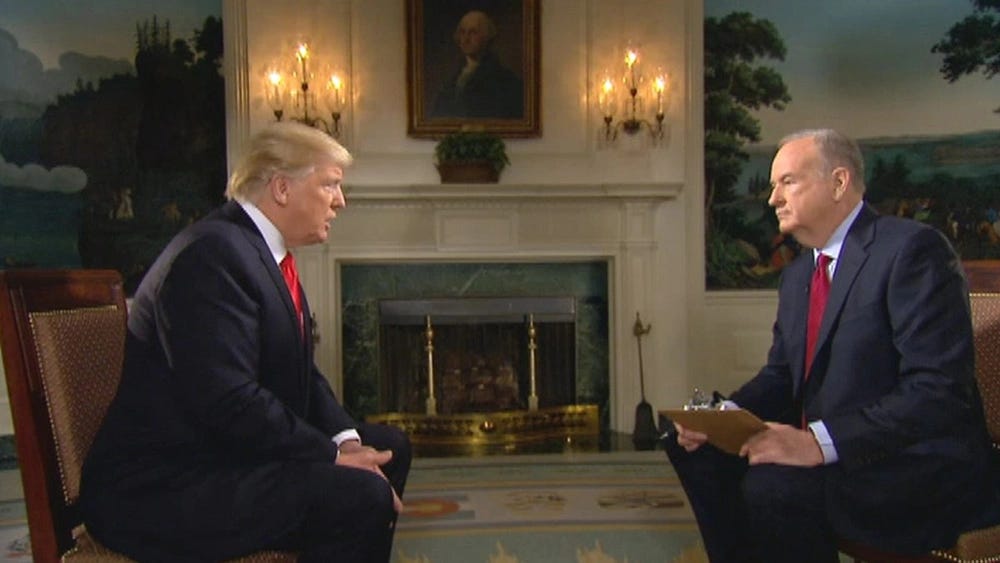An abbreviated, end-of-Spring-Break edition this evening. Thanks for reading!
(R-Lunatic Fringe)
Mary Miller won’t be the only Three Percenter, QAnon acolyte, or generic conspiracy theorist on Republican primary ballots in June. The Governor, Senate, Attorney General, Treasurer, and Comptroller slots — not to mention any number of local races — all had candidates who hail from the lunatic fringe file last week. Many of them are being helped by an explicitly anti-semitic and anti-LGBTQ group called “We Are The People Illinois.” Just as troubling, none of the more mainstream candidates who were pressed by the Chicago Sun-Times took the opportunity to denounce them.
These people are dangerous; those who won’t speak against them are cowards.
From the Sun-Times story: “A suburban high school staffer. A former Chicago Police sergeant. A South Side college professor.
None of them believe the 2020 election results were legitimate. Some of them seem to promote the spread of much darker conspiracy theories even more detached from reality — namely, that a global cabal of Satanic pedophiles plotted to prevent former President Donald Trump from winning a second term.
And they all want your vote.” Read more.
Counter-exceptionalism
To say “we are better than this” is typically a fallacy, right? The “this” is happening. Thus, we are precisely “this.” We are enacting a vicious law. We are leaving schools under-resourced. We are not standing up to injustice.
The impulse of the claim is noble enough, but the outcome is often callous becuase disbelief isn’t helpful. What we typically mean, I hope, is “We, as Americans, are supposed to be better than this. Let’s get to the business of being better than this.”
Unfortunately, there are too many who don’t, in fact, believe that. Parker Richards reflects on that “counter-exceptionalism…an ideology that argues that America either has always been, or has become, a unique force for ill in the world” in The New Republic.
“Counter-exceptionalism has crept into our public spaces en masse—and it is a force that threatens the political and cultural integrity both of the country as a whole and, in the more immediate term, of the ideological battles of those engaged in an earnest debate about how to better it. A left that cannot conceive of an America that has even the potential to be a force for good now struggles to make a positive argument for that good and concedes the grounds of hope and reconciliation to the exceptionalist right. The counter-exceptionalist right, meanwhile, has grown convinced of American decadence and decline — it believes that the United States has become a sort of Sodom, and in that conviction has become increasingly hostile to democracy and amenable to violence as a legitimate political mechanism…

[Belief in the idea of America] is a belief not in what America is, nor even what it can be, but in an unachievable goal. America’s better angels may win battles, they may even be ascendant someday, but they will never be first and foremost what a country is, and they will never entirely drown out our worst impulses, no matter how successful they become. Countries are flawed, inhuman things — they are not perfectible. Even if the pursuit of their perfection is worthy in itself — and it is — it is a pursuit that will, at best, approach its goal, but cannot ever reach it…Where both exceptionalists and counter-exceptionalists err, of course, is in believing in the primacy of good or evil, rather than in the reality of morally flawed, ever-changing, and fundamentally alterable countries that exist first and foremost as mechanisms for social organization, not as moral agents. But the fact of the country itself as a fundamentally amoral entity does not excuse amorality on the part of those inhabiting, and governing, it…
It takes more than a belief in an America that is good for America to become good. We cannot imagine righteousness and thus live it. But — and this is the tricky part — we cannot make America a force for good if we believe it is fundamentally incapable of goodness. We cannot create justice in soil where we see no place for it to take root.” Read more.




